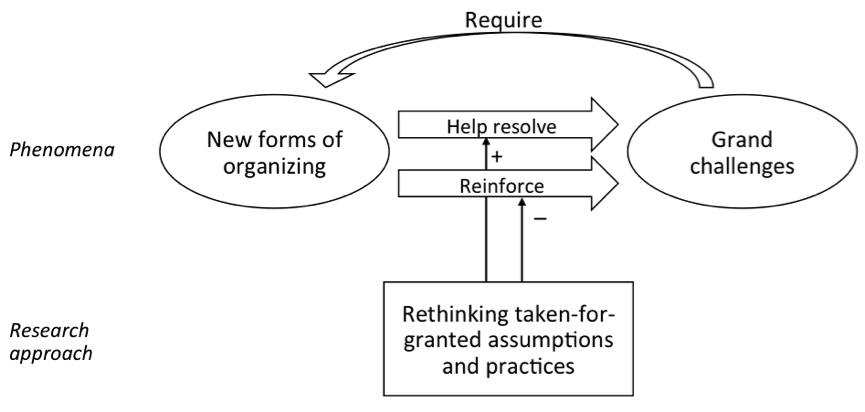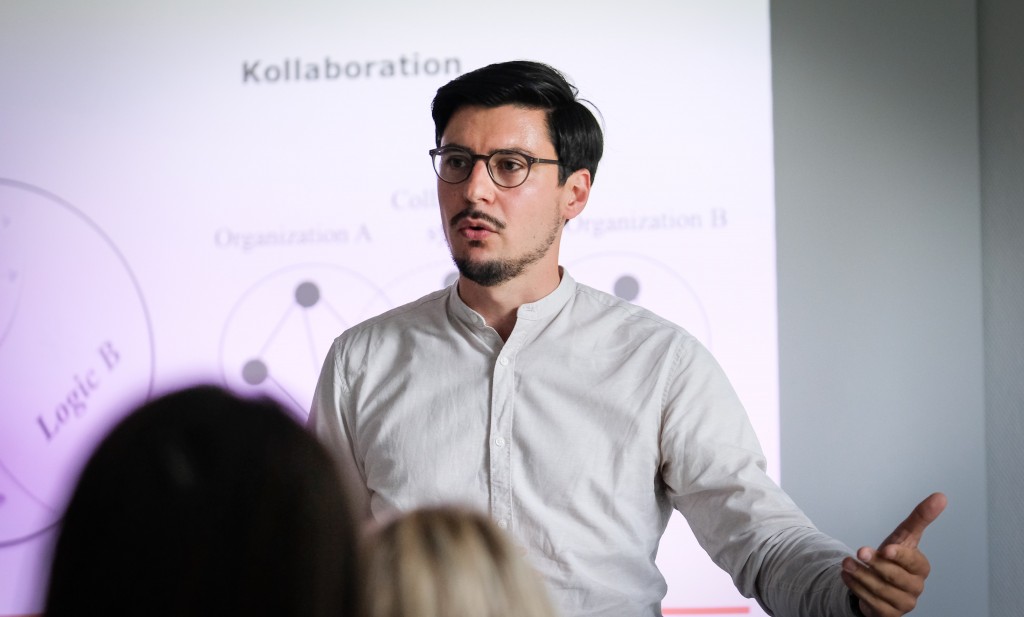This  article appeared on the Copenhagen Business School the Business of Society blog.
article appeared on the Copenhagen Business School the Business of Society blog.
Sharing is not always caring
In 2015, thousands of refugees arrived in Europe. A recent paper by Kornberger and colleagues (2017) zooms in on the “Train of Hope”, a civil society organization that organically gained exclusive operational command at Vienna’s main train station during this refugee crisis. The paper is a critical reflection on much of the current sharing economy ‘hype’. In contrast to cases of “collaborative consumption”, where platform companies such as AirBnB or Uber offer (share?) other people’s resources, this is an exemplary case of engagement and sharing without expectations for direct individual return: a sharing of a concern for social well-being. Sharing then becomes caring. …
For the full article please visit the Business of Society blog.
 funding for our scientific network. Over the next 3 years the network studies the relationship between societal grand challenges and new forms of organizing.
funding for our scientific network. Over the next 3 years the network studies the relationship between societal grand challenges and new forms of organizing.
